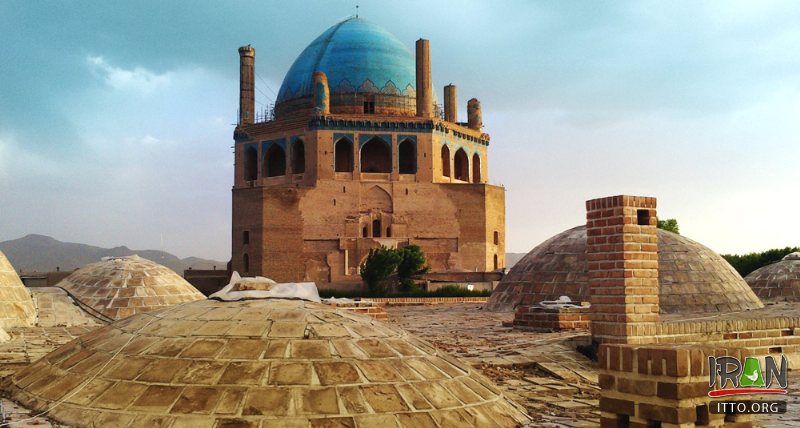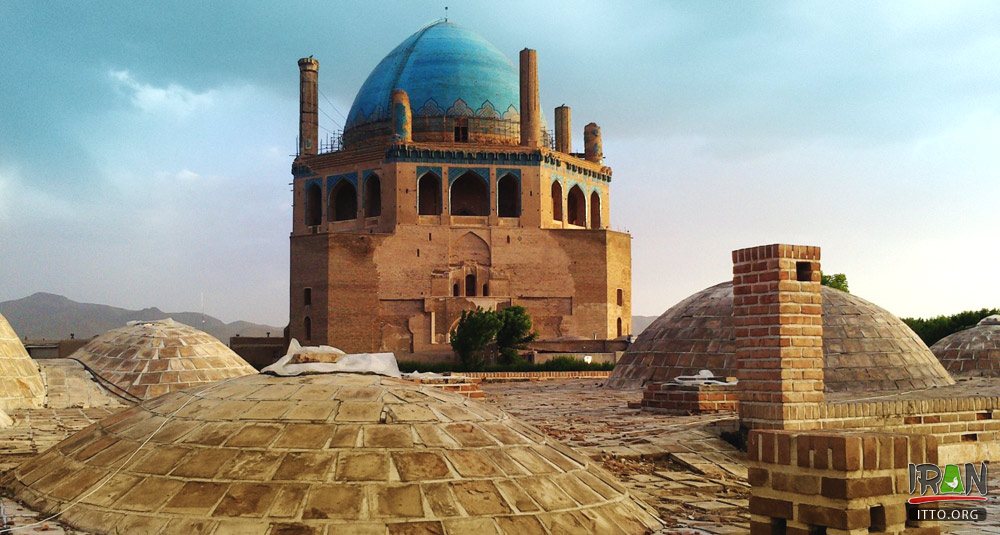A total of 28 sites have been registered on the list and Iran is the top country followed by China with six.
She expected that once the evaluation of pending dossiers including those on Iranian-made Zilu in Yazd, wood carving in Fars Province are completed, the number will reach 10.
"It will take almost three months to examine the dossiers and announce the final results of the evaluation," she said, adding that the report will be sent to the World Crafts Council whose member states will give final ideas on registering the dossier."
Registration of each site will have a great impact on the production and sales of its handicrafts, she said, elaborating that once the village of Kalpurgan in Sistan-Baluchestan was included as UNESCO registered sites, its handicrafts sales increased to a large extent.
One of the World Crafts Council's criteria for selection is the impact of the specific arts in the economic conditions of the people, she added.
Tavahhodi said that the enthusiasm shown by the new generation for traditional arts will help economic growth in the area.



